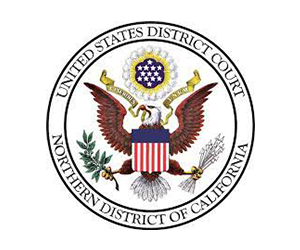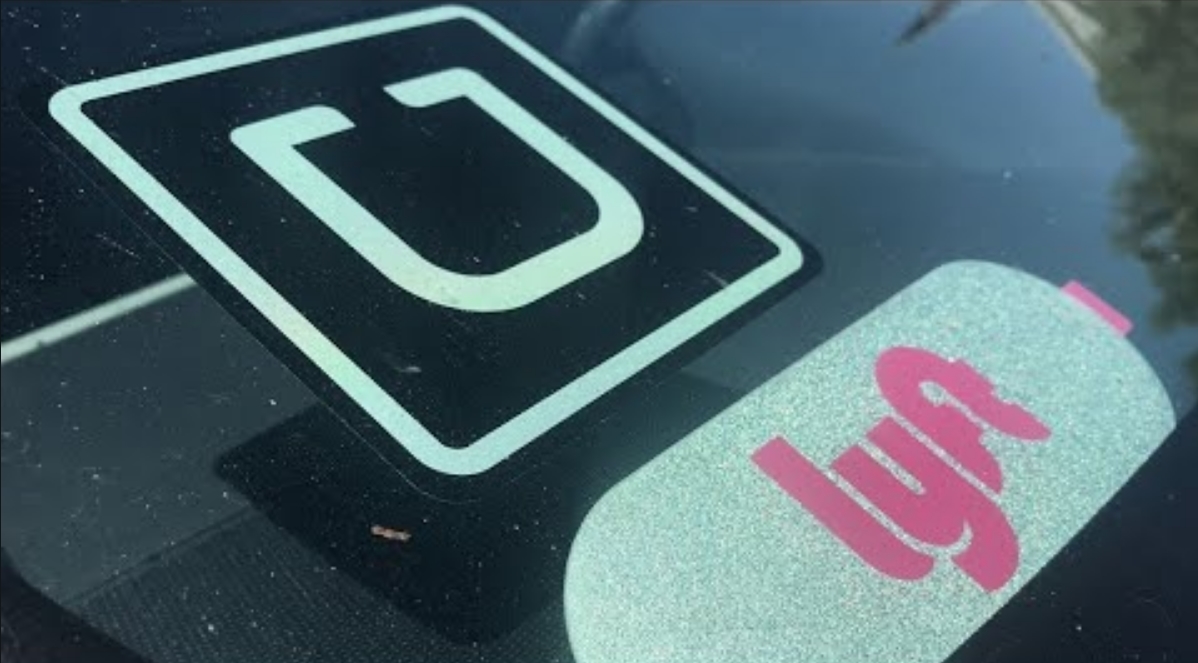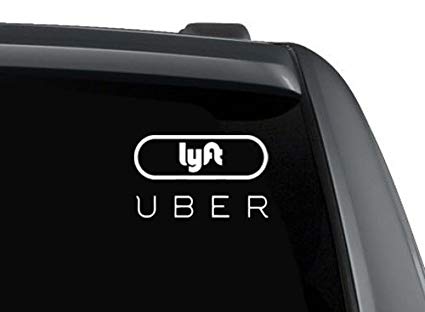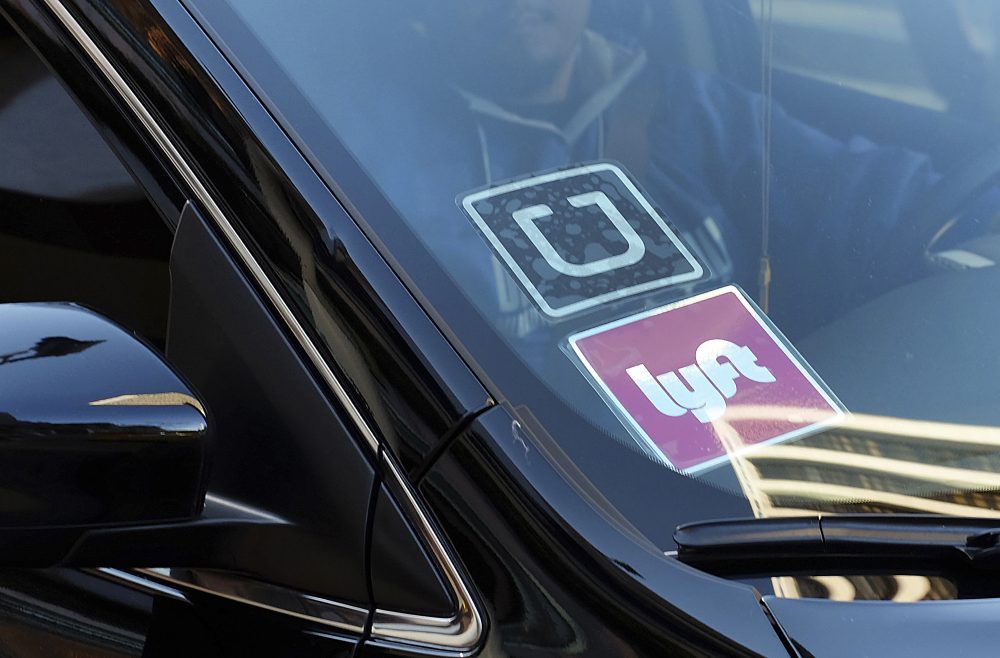
U.S. District Court Judge Rules Uber Can Argue Prop 22 Classification Suit
Nearly 5,000 Uber drivers filed lawsuit earlier this year over independent contractor misclassification
By Evan Symon, June 19, 2021 2:31 am
U.S. District Court Judge Edward Chen ruled on Thursday that Uber can challenge a lawsuit that alleged that around 4,900 Uber drivers had been misclassified as independent contractors under the controversial AB 5 law.
AB 5, a law that reclassifies most independent contractors or “gig” workers as employees, and thus opening them up to benefits and other perks usually reserved for full-time employees, was passed and signed into law by Governor Gavin Newsom in late 2019. Officially becoming law in January 2020, the law was immediately challenged by numerous industries, including rideshare companies. Rideshare companies held off drivers from being covered under the law, giving time for them to mount a proposition campaign, thusly known as Proposition 22.
Prop 22, which would exempt rideshare drivers from AB 5, was bitterly fought over by supporters and opponents of the bill. Uber, Lyft, and other rideshare companies spent over $200 million on the campaign to pass Prop 22 and succeeded that November, garnering nearly 60% of the vote. The proposition, passed only days before a court order would have forced the companies to fall under AB 5 and start reclassifying employees, was soon questioned, with many following lawsuits challenging the legality of the proposition.
While many union challenges brought to courts were quickly dismissed, a lawsuit by close to 5,000 Uber drivers over the retroactivity of the proposition, as well as challenging the class period and the incurred damages they received, moved up to District Court.
Uber defended itself in court by noting its defense of independent contractor claims after the passage of Prop 22, as well as the driver’s claims not being valid because of the AB 5 worker status rule.
Judge Chen of the U.S. District Court for the Northern District of California agreed with Uber on Thursday, not only agreeing that Uber can now challenge the lawsuit, but that Prop 22 also didn’t apply retroactively.
With the new defenses now added, the drivers class will now need to re-conduct discovery, costing them more time and money.
“Everyone knew that AB 5 would be fought over for years,” noted Leah White, a research assistant who had helped track Prop 22’s progress in 2020, to the Globe on Friday. “This is just the latest chapter. Well, not even a chapter really, more like a paragraph.”
“And these seem to be the death rattles. The people rejected it, judges decided against lawsuits, and now we’re left with the nitty-gritty cases. A year ago we were deciding on hundreds of thousands of drivers in California. Now it’s about tiny things over a small fraction of them.”
An April brief distills what White said down to a single sentence.
“Uber is essentially formalizing an argument everyone has known is at issue since the election,” said the company in April.
The added defenses have set back dates on further action in the San Francisco-based court. with the class not being able to file for summary judgement now until August 12th.
- San Diego Country Supervisor Jim Desmond Calls San Diego New Epicenter Of Illegal Crossings By Migrants - April 27, 2024
- Oracle Moving Headquarters Out Of Austin Only 4 Years After Moving Out Of California - April 26, 2024
- Congressman Adam Schiff Robbed of his Luggage in San Francisco Car Break In - April 26, 2024





The thing that bothers me the most is the way Uber uses the word independent contractor, but the truth is that’s not the case. If they consider the drivers as independent contractors, then the drivers before accepting any ride, they need to know the details related to that ride. However, Uber and Lyft never give drivers this right. If Uber/Lyft consider drivers contractor, why aren’t they entitled to know the details of the contract? Even Uber will penalize the driver if the driver does not accept the ride. Besides, Uber recently forced drivers driving farther to pick up passengers while not compensating for this distance is unfair. A lot of rides go 15 or 19 miles just to pick up passengers for a 1 or 2 mile ride. Another unfair thing is that for the same distance to 2 different cities, Uber also pays driver 2 different fees, which is not fair. This will prevent drivers from taking rides to cities that pay lower fees. Another bad thing is that Uber does not charge passengers when the ride has to cross the bridge, but forces the driver to pay this fee even though it is Uber’s law that the passenger must bear it. However, every time I cross the bridge, I always have to pay the fee. It is unfair.